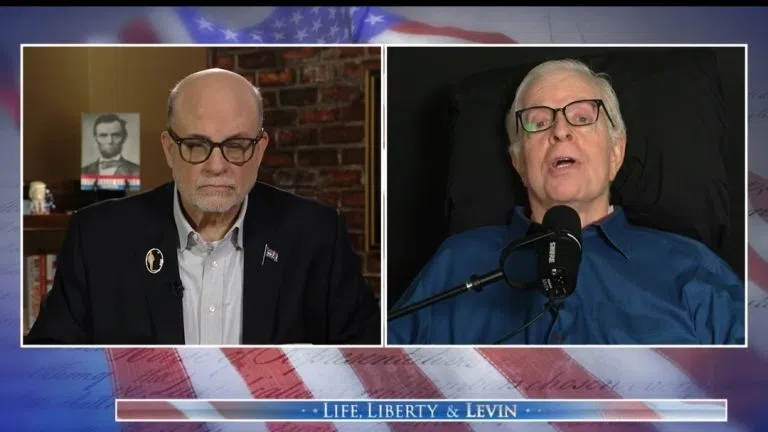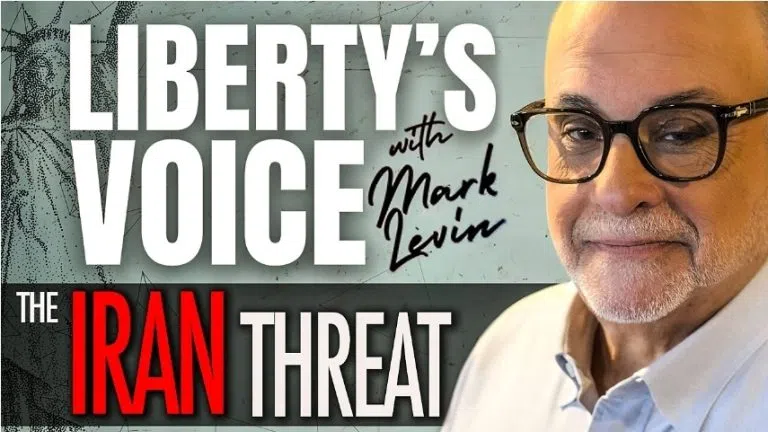On Friday’s Mark Levin Show, a federal appeals court ruled that President Donald Trump’s use of emergency powers to impose tariffs was unlawful, which is absolutely ridiculous. This decision could disrupt trade agreements with countries like the EU, Japan, and South Korea which is not what Trump wants. It also puts at risk tariffs aimed at China, Canada, and Mexico, which were intended to curb fentanyl shipments in border traffickings. In addition, Secretary of State Marco Rubio has made the decision to prevent Palestinian leaders, such as Mahmoud Abbas, from participating in the forthcoming UN General Assembly. The genius of Rubio asserts that this action is in accordance with U.S. laws that oppose Palestinian statehood and impose penalties on the Palestinian Authority for financially supporting those convicted of terrorism. This decision effectively denies visas to high-ranking officials from both the Palestinian Authority and the Palestine Liberation Organization, although personnel at the UN mission will still be permitted to remain. Lastly, a group of Democratic influencers were offered $8,000 a month to join a secretive program run by Chorus, a nonprofit tied to a liberal marketing platform. These influencers are a problem; therefore, we demand to know how much make so we can put an end to their political funding.
Fox News
Rubio Denies Visas To Palestinian Leaders For UN General Assembly, Citing Terror Support
Breitbart
Netanyahu Raps Cindy McCain for Claiming Gaza ‘Starving’ After Privately Admitting Improvement
Jerusalem Post
Turkey completely severes economic ties, closes airspace to Israel
NY Post
Two more Israeli hostages, including Oct. 7 ‘hero,’ found dead in Gaza
Photo by Andrew Harnik
The podcast for this show can be streamed or downloaded from the Audio Rewind page.









